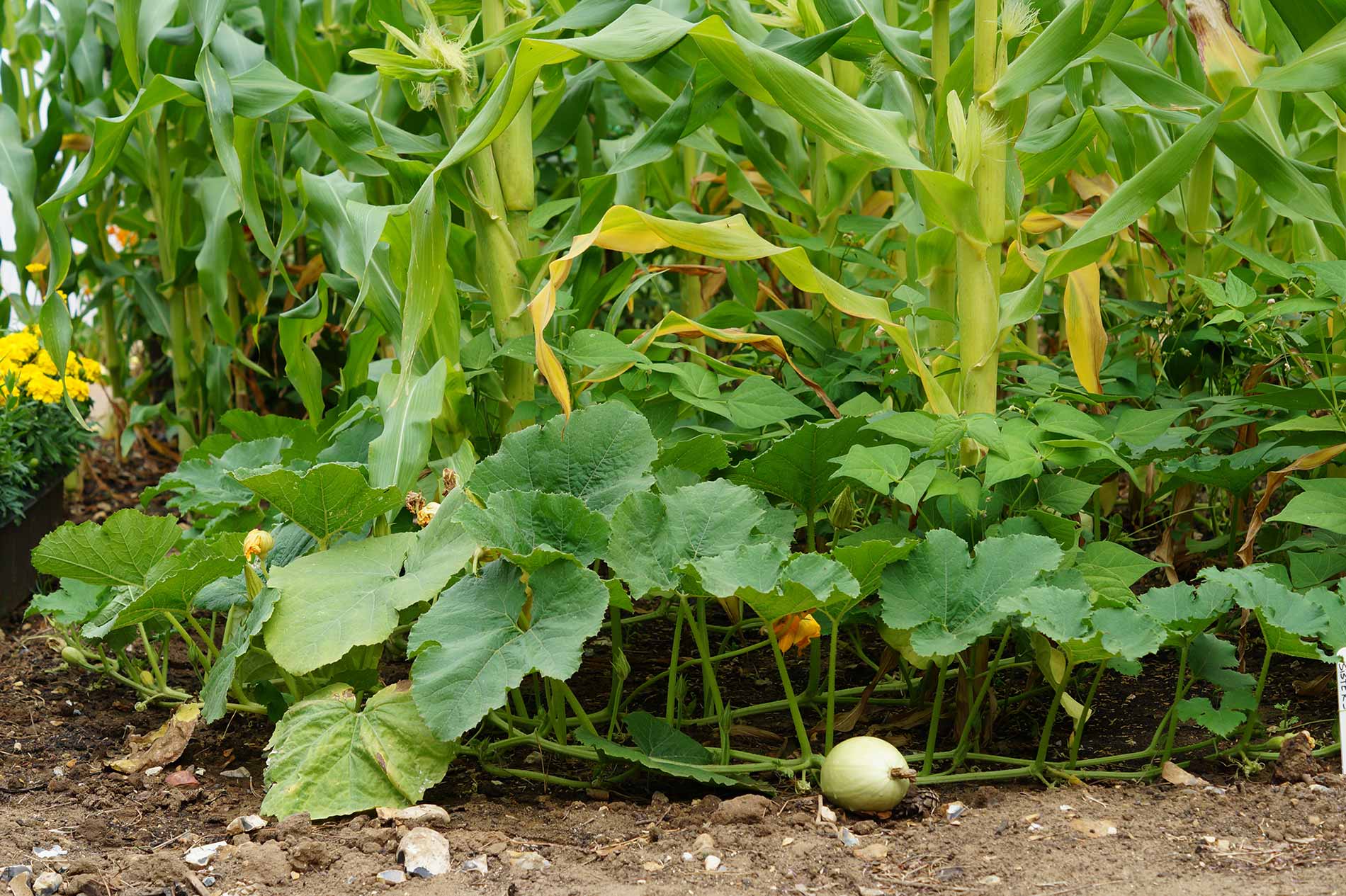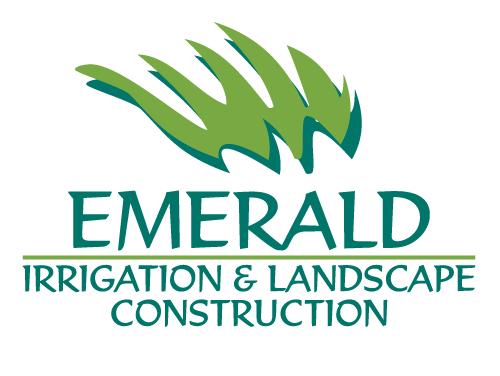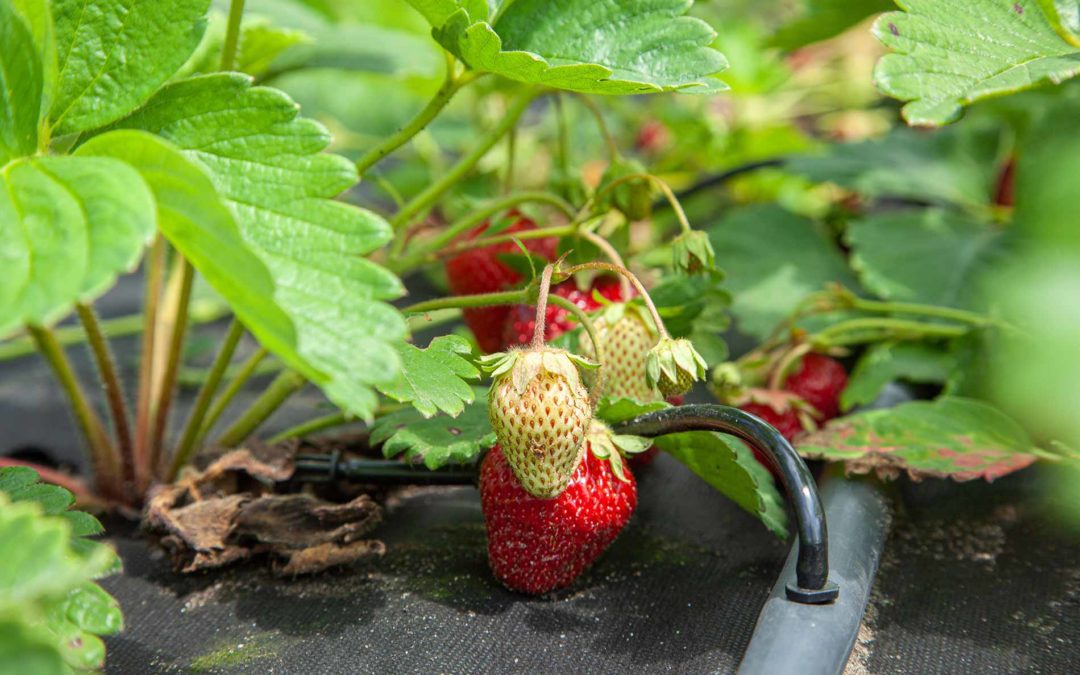Are you thinking of planting an edible garden for convenient access to organic high-quality food? You’re not alone. Over the last two years, back yard gardening has grown in popularity, as urban dwellers learn to grow their own. If you’re highly into organic growing, consider purchasing heirloom or heritage seeds. Plants producing these seeds have been cultivated for decades, and unlike hybrids, these seeds grow consistently true to their mother plants. If you’re interested in saving your own seeds from year to year, growing heirloom vegetables will give you the seeds you need for next year’s garden, or share them with your local gardening club. Your own seeds also make great sprouts or microgreens grown under grow lights for winter harvesting.
Healthy Soil
Soil rich in mesofauna is healthy because of the thriving millions of microorganisms in each handful of loam. This living soil can be maintained with cover crops to leave the soil undisturbed and moist. Nematodes are one of these tiny organisms, and can be added to soil as an alternative to conventional pesticides. Because they prey on insects hatching in the soil surface, including those annoying fungus gnats, caterpillar larvae and, depending on the species, deeper dwelling insects like grub worms and beetle larvae, they are a valuable contribution to garden health. Other beneficial insects include ladybugs, and green lacewing larvae that hunt aphids, thrips, and red spider mites. Healthy soil attracts beneficial insects to your garden to prey on pests, and pollinate flowering plants. This cycle in turn, produces seeds for next year’s crop.
Companion Planting
“Three sisters” companion planting is a method that has been used in cultivation for centuries. Benefits of companion planting include soil enrichment, rather than stripping the nutrients, attracting pollinators and biodiversity. In modern urban gardens, three sisters companion planting usually consists of pole beans, corn and small leaf squash. Each plant benefits the other through a nutritional cycle. At times, a fourth plant is introduced to this trio, such as amaranth or sunflowers to attract more pollinators.
Irrigation Systems For Edible Gardens
Whether you are planting a large plot of land, or a small back yard garden to provide edibles for your family, we salute you. Most vegetables thrive in full sun, and all varieties need healthy soil and an appropriate water supply. When planning your edible garden, give us a call and ask us about the irrigation systems we install to conserve water and produce healthy crops.

We are members of IIABC – The Irrigation Industry Association of BC
Certified Irrigation Designers trained by IIABC promote water, soil and energy conservation practices through the development of cost effective and efficient irrigation system designs. We follow IIABC standards and guidelines with regards to the design, installation and maintenance of irrigation systems – our specialty.

